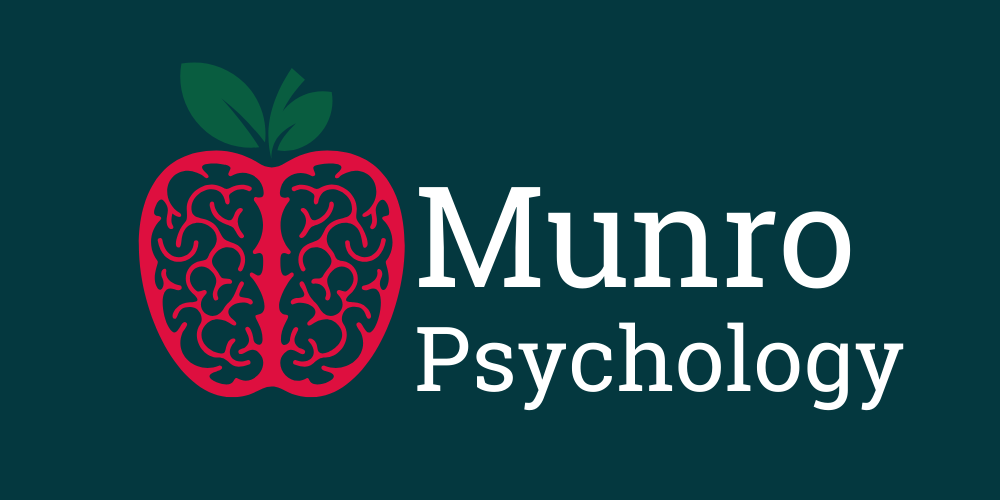Assessment Process
-
We start with a conversation to understand your goals, background, and reasons for seeking an assessment. This includes:
Informed consent and privacy processes
Clarifying the purpose of the referral or self-referral
Exploring your cognitive, learning, or attention concerns
A brief overview of key cognitive skills (e.g., memory, processing, attention, reasoning)
Technical setup and preparation if using telepractice
This session ensures we’re on the same page and that the assessment is tailored to your needs.
-
Based on our consultation, I select evidence-based tools to assess the relevant areas of your cognitive functioning. This may include standardised measures of:
Working memory
Processing speed
Verbal and non-verbal reasoning
Attention and executive functioning
Learning-related skills (e.g., phonological awareness, reading)
This session is structured but supportive, and I’ll guide you through each step.
-
Once the assessment is complete and scored, we meet to:
Discuss your results in plain language
Highlight your cognitive strengths and challenges
Explore how your profile relates to everyday life
Co-develop practical, personalised strategies that fit your unique context (e.g., work, study, home)
You’ll have space to ask questions and reflect on the findings.
-
You’ll receive a clear, written report summarising:
The reason for assessment
Tools used
Key findings and interpretations
Your learning & cognitive profile
Recommended strategies and next steps
This report is yours to use in educational or workplace contexts, or simply as a tool for your own self-understanding and planning.
